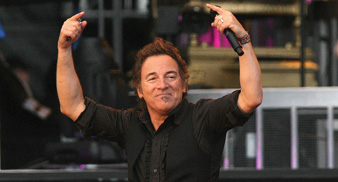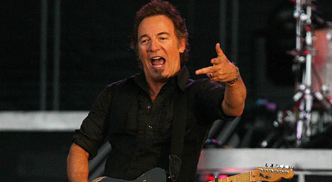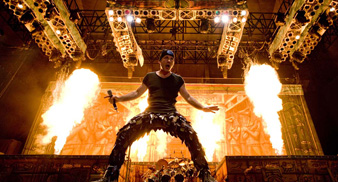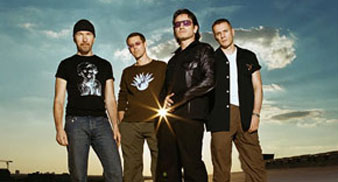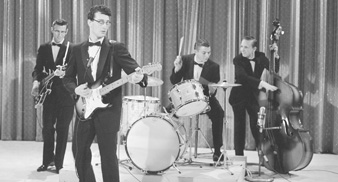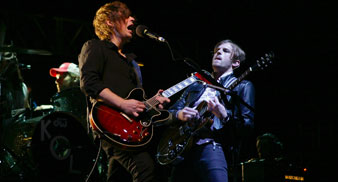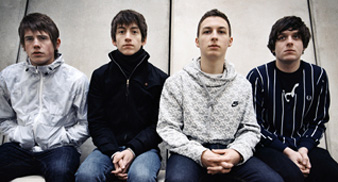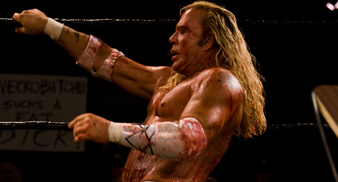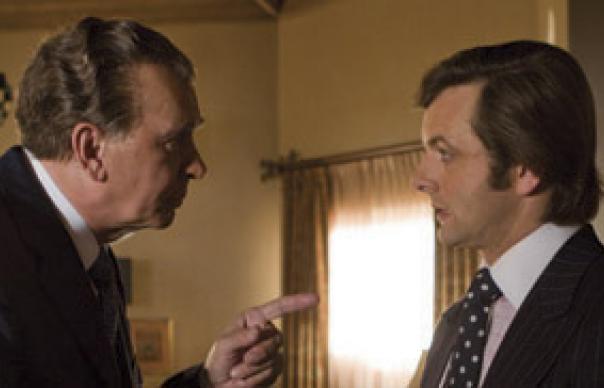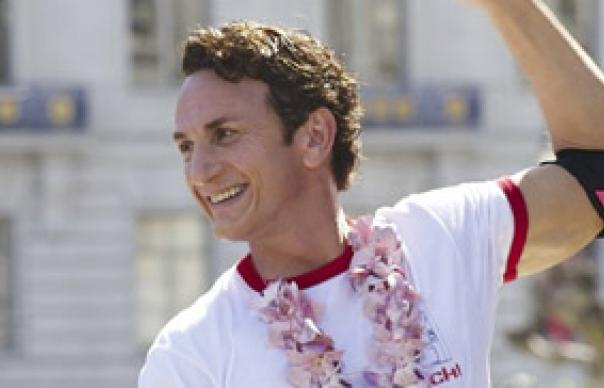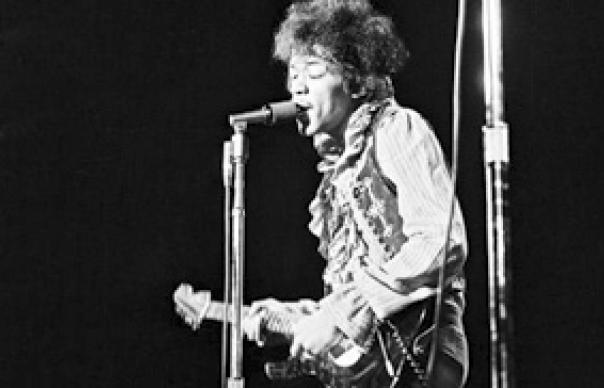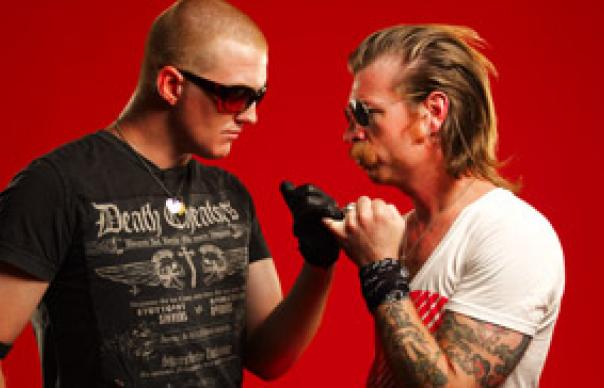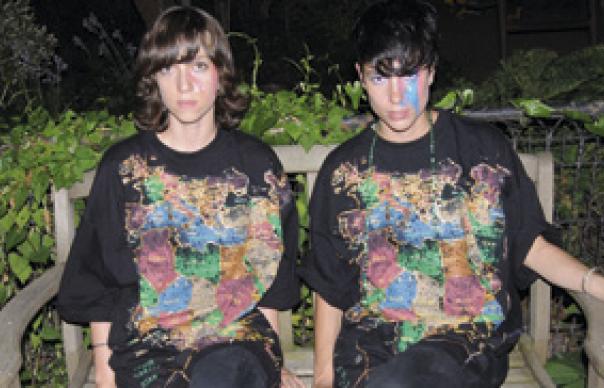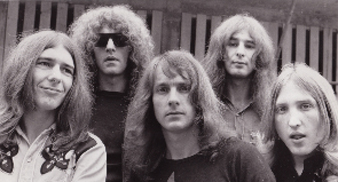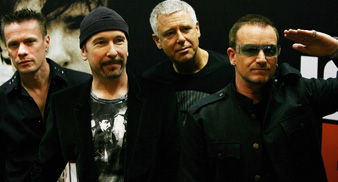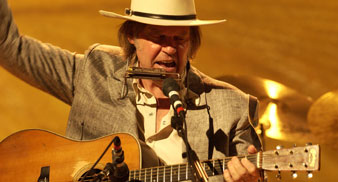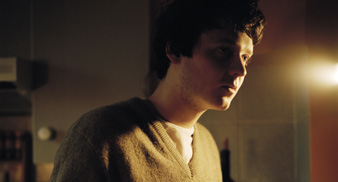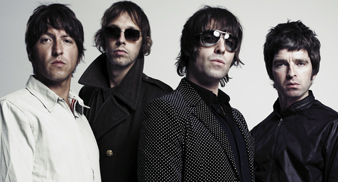I posted this yesterday, but our blogs are misbehaving at the moment and it's seemed to have disappeared. So again: Bruce Springsteen, "Working On A Dream". Apologies for the day-old Obama stuff. There’s a certain grand, neat inevitability to the new Bruce Springsteen album turning up online on the day Barack Obama is inaugurated as President. There’s a certain perverse irony, too, in the Springsteen camp claiming that “Working On A Dream” is not actually a political record. After a couple of listens, a couple of weeks apart, it doesn’t, for sure, appear to be explicitly political. But unlike its recent predecessors, “Working On A Dream” does seem suffused with hope. Perhaps abstracted optimism is the best way of reflecting the energy and possibilities presented by the start of the Obama era, rather than addressing issues directly and being forced to face up to the heinous situation that America and the planet in general currently face. “Working On A Dream”, then, from the title track on, presents something of an ideal soundtrack to this auspicious day – “My Lucky Day”, as Track Two calls it. It’s a maturely positive record, rooted in domestic contentment, reverberant with Springsteen’s supercharged brand of sentimentality. Although the record was predominantly written and recorded during last year’s tour, it doesn’t feel anything like a rushed-off, road-hardened bunch of jams. Instead, as the epic opener “Outlaw Pete” signals so graphically, much of “Working On A Dream” is a sort of blousy, ornate pop. Cloaked in billowing strings (or more likely synthesised strings), it’s a gallop that someone here at Uncut has just described as “Latterday Bob Dylan playing ‘Paint It Black’, but a lot better than if Dylan actually did play ‘Paint It Black’.” There’s a hint of The Beach Boys in there too, specifically the bass harmonica wail that closes “Pet Sounds”. A more overt Beach Boys influence comes on the outstanding “This Life”, a chiming chamber classic that compounds the idea that the trigger for a good few of these songs was “Girls In Their Summer Clothes” on “Magic”. Towards the end, Springsteen melts away and leaves the band to multi-track themselves into an ecstatic “God Only Knows”-style chorale, eventually joined by a clipped and equally euphoric Clarence Clemons solo. That sax solo, of course, means that for all the airy pop and polish, there remains a rockish swagger to “Working On A Dream”. “This Life” is followed by “Good Eye”, a grungy blues identified by Andrew Mueller (in his much more thorough and authoritative album review in the next issue of Uncut) as a relative of the E Street Band’s recent live revamp of “Reason To Believe”. There’s a bit of Springsteen’s Suicide love in there, too. And while Andrew is keen to point up the relative weirdness of “Working On A Dream” (not least “Queen Of The Supermarket”, a schmaltzy love song of mundane epiphanies that eventually dissolves into spacey orchestration), it’s distinctly relative. Essentially, these are big, unabashed pop songs with fearsome hooks – “This Life”, “My Lucky Day”, “What Love Can Do”, “Surprise Surprise”, the title track, “Kingdom Of Days” - that are broad, proud, teary and memorable. Even the country stroll of “Tomorrow Never Knows” and the comparatively downbeat “Life Itself” (with a guitar line that discreetly carries on where Roger McGuinn left off on “Eight Miles High”) stick quickly in the head. Not being an expert, I’d struggle to accurately place this one in the Springsteen canon. But today, it sounds excellent – as you can hear for yourself at NPR. Once you’ve had a go, let us know what you think.
I posted this yesterday, but our blogs are misbehaving at the moment and it’s seemed to have disappeared. So again: Bruce Springsteen, “Working On A Dream”. Apologies for the day-old Obama stuff.


